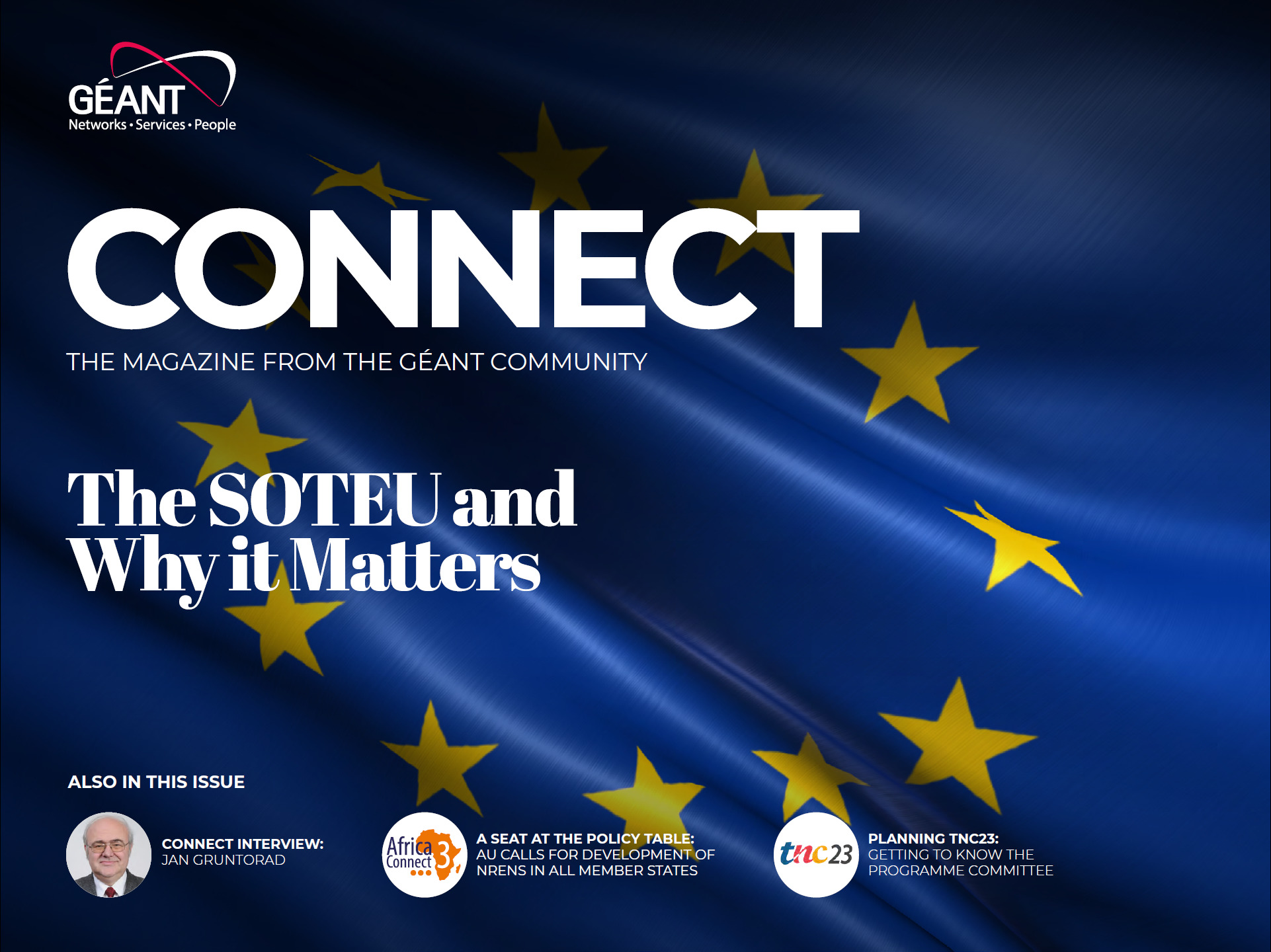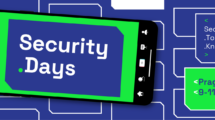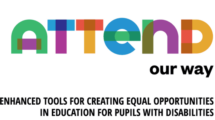Words by: Casper Dreef, GÉANT

So why is eduGAIN so important?
At its heart, eduGAIN is a technically simple service – it is a process for exchanging metadata so two entities can connect. It can be compared to a phonebook – allowing university staff and students to connect to services but with added support for ensuring that the connection is safe and secure, and allowing people to verify their rights to access services at the same time.
This simple technical design hides a series of complex processes where universities support and protect their users in making those connections. When using an eduGAIN connected identity provider rather than registering locally with every service, users can simply reduce the number of passwords they have to manage and be assured that their personal data is being protected.
eduGAIN now has 81 members across the globe. Our new members represent that diversity, coming from all corners of the world. From Bangladesh to Serbia and from Kenya to Azerbaijan.

Leveraging the successful outcome of dedicated training events, including specific lectures on Federation Management tools and an introduction to Federated Identity Management and SAML-based Identity federations, support has been provided to some NRENs and organisations willing to start their new national or regional Identity Federation.
In particular, the eduGAIN training team has targeted the South-East Europe region and Africa. Two main training events have been organised in 2021 and 2022, which have both seen participation from around 40-50 people belonging to the technical IT staff of NRENs or related organisations.
This hands-on approach helped new federations establish from scratch in a short time, in countries where nothing was available before the technical staff had been involved in the training events. Successful examples involved Azerbaijan, Kenya, Somalia, and the African catch-all federation (eduID.africa). Additional work is currently ongoing at the Arab States Research and Education Network organisation ASREN, which is in the process of setting up a regional catch-all federation for their stakeholders.
It is clear that eduGAIN is seen as a valuable service for the R&E community and its membership is expected to continue to grow. No one can say what the future will bring, but we are confident that eduGAIN has a bright future ahead.
More information on the eduGAIN website: https://edugain.org/

Read or download the full magazine here







